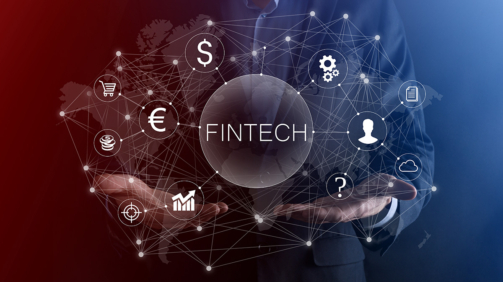Blockchain technology is transforming the way we think about financial transactions, and its potential impact on retail banking is significant observed Bahaa Abdul Hussein. It is a digital ledger that records transactions securely and transparently, without the need for intermediaries like banks.
This technology has the potential to revolutionize retail banking by reducing costs and increasing efficiency while improving security and transparency. In this blog post, we will explore the benefits and challenges of implementing blockchain technology in retail banking operations and security.
Benefits of Blockchain in Retail Banking
Implementing blockchain technology in retail banking can bring about numerous benefits for both banks and their customers. First, blockchain can enhance security by providing a tamper-proof digital ledger that is resistant to fraudulent activity. Second, it can reduce costs and fees by eliminating the need for intermediaries like clearinghouses and payment processors.
Additionally, blockchain can increase the efficiency and speed of transactions by providing near-instant settlements, reducing processing times, and improving customer satisfaction. Finally, blockchain can increase transparency and accountability, allowing customers to track and trace their transactions, and providing regulators with better oversight of the banking sector. These benefits make blockchain an attractive proposition for banks looking to enhance their operations and provide better services to their customers.
Challenges and Limitations
Although blockchain technology holds great promise for the retail banking sector, there are still several challenges and limitations to overcome. First, integration with legacy systems can be a complex and time-consuming process, requiring significant investment and expertise. Second, regulatory hurdles and compliance requirements can also be a barrier to adoption, with many jurisdictions lacking clear guidelines on how blockchain fits into existing regulatory frameworks.
Additionally, scalability issues are a concern, with current blockchain networks struggling to handle large volumes of transactions. Finally, education and adoption by customers can be a challenge, as many people are still unfamiliar with blockchain technology. They may be hesitant to embrace it. Addressing these challenges and limitations is crucial to realizing the full potential of blockchain in retail banking.
Real-Life Examples of Blockchain in Retail Banking
Several real-life examples demonstrate the potential of blockchain technology in transforming retail banking operations. One such example is Ripple, a blockchain-based platform designed to facilitate cross-border payments. Ripple enables banks to settle transactions in seconds, compared to the several days required by traditional systems, and with reduced costs.
Another example is JPM Coin, a digital currency developed by JPMorgan Chase to enable instantaneous settlements between institutional clients. JPM Coin aims to reduce settlement risk, improve efficiency, and enhance security. IBM World Wire is another blockchain-based platform designed to facilitate cross-border payments, with the added benefit of enabling near-instantaneous foreign exchange conversions. These examples illustrate how blockchain technology can bring tangible benefits to retail banking operations, improving efficiency, speed, and security while reducing costs.
Conclusion
Blockchain technology holds great promise for retail banking operations and security. The benefits of blockchain, such as improved security, reduced costs, increased efficiency, and transparency, can help banks enhance their services and provide better customer experiences. However, the challenges and limitations of blockchain, including integration with legacy systems, regulatory hurdles, scalability issues, and education and adoption, must be addressed to fully realize its potential.
Looking to the future, blockchain technology is poised to drive innovation in the retail banking industry, offering new opportunities for efficiency, security, and transparency. To harness these opportunities, banks must be proactive in their approach to blockchain implementation, investing in the necessary infrastructure, regulatory compliance, and customer education to fully realize the benefits of this powerful technology.
The blog has been authored by Bahaa Abdul Hussein and is published by the editorial board of Fintek Diary. For more information, please visit www.fintekdiary.com








